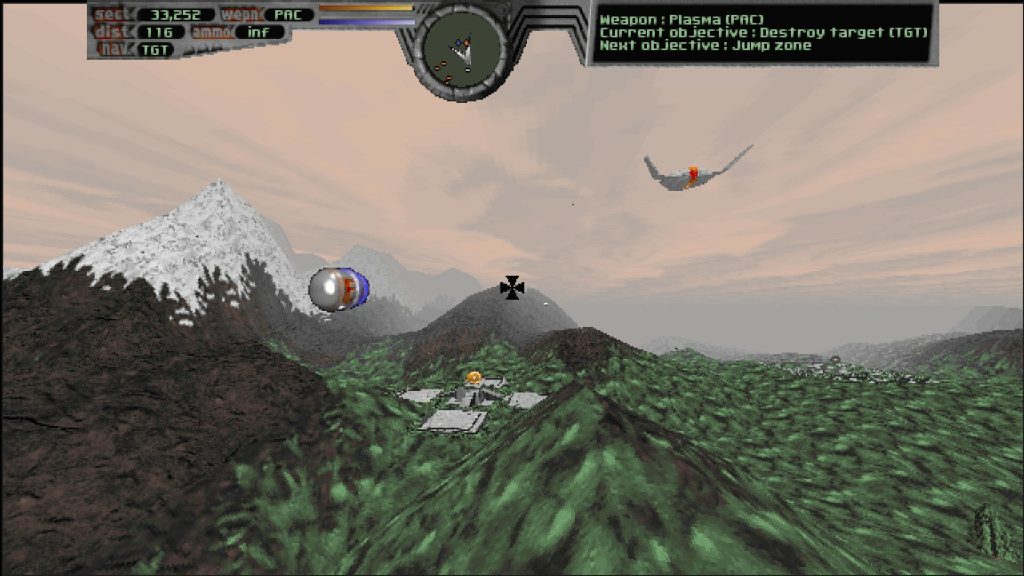This is a spoiler-free guide for people who wish to check out the game Duke Nukem 2, a 2D platformer developed and published by Apogee in 1993. This is not a walkthrough and is just meant as an intro to help people get started. Duke Nukem is a franchise that is mostly famous for being a first person shooter with a main character that says one liners while you’re blowing everything up, but before this happened, it was a 2D platformer series. The first game was released in 1991 and was a big hit, so a sequel followed in 1993.

Why Should I Play It?
The first two Duke Nukem games are still pretty charming platformers. While they’re a bit dated by today’s standards, especially the first game, I think they’re fun and worth checking out if you enjoy DOS games. It’s also fun seeing the earlier versions of the Duke Nukem character who would become a lot more crude and have more attitude starting with Duke Nukem 3D.
How Do I Get Started?
Because of the long and weird legal history of 3D Realms going under and the Duke Nukem property going to Gearbox, Duke Nukem 1 and 2 are no longer on Steam and GOG. However, they still seem to be on the ZOOM games platform along with a different version of Duke Nukem 3D that’s not on other stores and Duke Nukem: The Manhattan Project. Not to be confused with ZOOM, the video chat service, it is a site similar to GOG that is focused on buying DRM-free copies of old games. I know it’s a little hard to believe this is a real site legally selling games when it looks the way it does and is somehow the only place selling these games, but my understanding is that they somehow signed a contract forever ago that allows them to continue selling them? I don’t completely understand it. In any case, this is the only place where you can legally get the games so I’m linking to it.
Once you have a copy of the game, there’s a couple of ways to play it. If you want to play the game as it was originally shipped, there’s always DOSBox. However, if you would like to play the game with some minor enhancements, I would recommend the Rigel Engine. The engine is a reimplementation of Duke Nukem 2 that offers the following features:
- wide-screen mode
- smooth scrolling & movement mode with increased frame rate
- quick saving
- improved game controller support
- extended modding features
The widescreen mode and smooth scrolling really do a lot to improve the experience of playing it today so I would strongly recommend giving it a shot.









